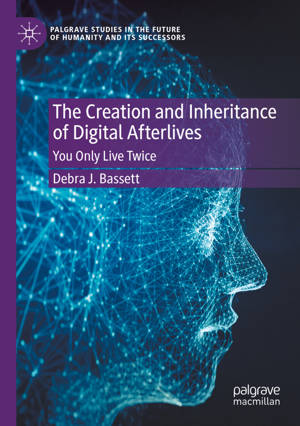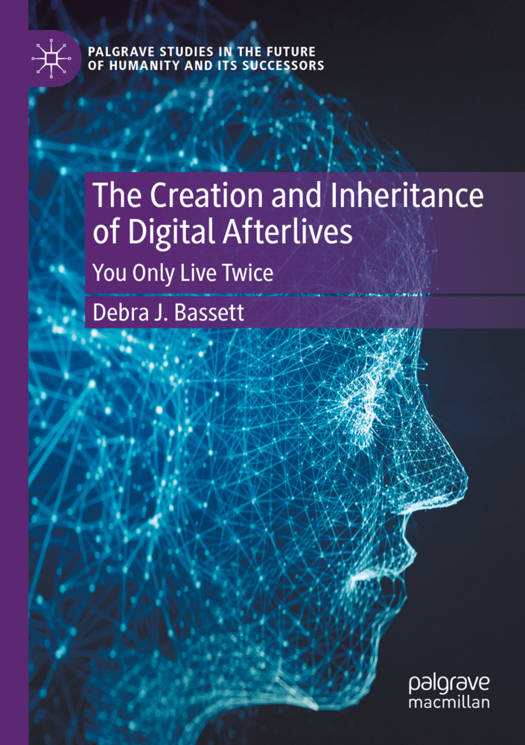
- Retrait gratuit dans votre magasin Club
- 7.000.000 titres dans notre catalogue
- Payer en toute sécurité
- Toujours un magasin près de chez vous
- Retrait gratuit dans votre magasin Club
- 7.000.0000 titres dans notre catalogue
- Payer en toute sécurité
- Toujours un magasin près de chez vous
Description
This book explores how social networking platforms such as Facebook, Twitter, and WhatsApp 'accidentally' enable and nurture the creation of digital afterlives, and, importantly, the effect this digital inheritance has on the bereaved. Debra J. Bassett offers a holistic exploration of this phenomenon and presents qualitative data from three groups of participants: service providers, digital creators, and digital inheritors.
For the bereaved, loss of data, lack of control, or digital obsolescence can lead to a second loss, and this book introduces the theory of 'the fear of second loss'. Bassett argues that digital afterlives challenge and disrupt existing grief theories, suggesting how these theories might be expanded to accommodate digital inheritance.
This interdisciplinary book will be of interest to sociologists, cyber psychologists, philosophers, death scholars, and grief counsellors. But Bassett's book can also be seen as a canary in the coal mine for the'intentional' Digital Afterlife Industry (DAI) and their race to monetise the dead. This book provides an understanding of the profound effects uncontrollable timed posthumous messages and the creation of thanabots could have on the bereaved, and Bassett's conception of a Digital Do Not Reanimate (DDNR) order and a voluntary code of conduct could provide a useful addition to the DAI.
Even in the digital societies of the West, we are far from immortal, but perhaps the question we really need to ask is: who wants to live forever?
Spécifications
Parties prenantes
- Auteur(s) :
- Editeur:
Contenu
- Nombre de pages :
- 192
- Langue:
- Anglais
- Collection :
Caractéristiques
- EAN:
- 9783030916862
- Date de parution :
- 21-12-22
- Format:
- Livre broché
- Format numérique:
- Trade paperback (VS)
- Dimensions :
- 148 mm x 210 mm
- Poids :
- 263 g

Les avis
Nous publions uniquement les avis qui respectent les conditions requises. Consultez nos conditions pour les avis.






